Is your loved one a survivor healing from narcissistic abuse? The following article offers solutions on how you can support someone to heal from narcissistic abuse and make the process easy for them.
So many of the clients I work with, report to me that their friends and family, although well-meaning, say and do things that exacerbate the pain of healing in the aftermath of narcissistic abuse.
People are exposed to this form of emotional abuse in love, work, family, or friendships. Particularly in the area of romantic relationships, I hear so often from clients that friends and family say things such as, “Just get over it! This is taking way too long!” or “He was a jerk!
Why do you feel like you still love him after all this time?” or ” You sound like the crazy one because you keep talking about her non-stop!” or “I don’t understand why you can’t just start dating someone else and move on.”
These comments are not helpful to the survivor of narcissistic abuse. Although most all well-meaning and empathic friends and family have difficulty witnessing the pain of their loved one and the suffering they are experiencing after being in a relationship with an abuser, there are word choices and actions you can take that are more empowering for your loved one who is going through tremendous emotional pain.
Try to look at this situation as a persnickety illness or infection that is taking a while to completely shake out of the system…and be patient during the process of healing from narcissism and traumatic loss. Your friend/family member will thank you.
Healing from the trauma of narcissistic abuse is a long-term process. Here’s what you can do to help someone recover from narcissistic abuse:
9 Things You Can Do To Help Someone Who’s Healing From Narcissistic Abuse
Here are the things you can do to expedite healing from narcissistic abuse for a loved one.
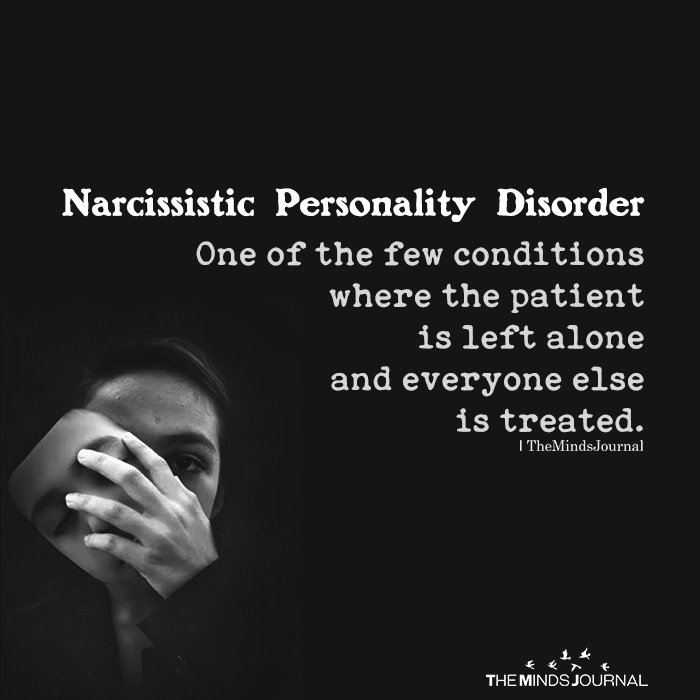
1. Do validate and listen.
To help healing from narcissistic abuse, listen to your loved one’s story and pain. Part of the healing for survivors of Narcissistic abuse is having a safe other(s) witness/hear/validate their story of pain and healing.
2. Do encourage your loved one to get psychotherapy with a trauma-informed therapist.
This form of psychological abuse results in PTSD (Post-Traumatic Stress Disorder), C-PTSD (Complex Post-Traumatic Stress Disorder), depression, anxiety, panic attacks, and other clinical conditions that require treatment by a licensed psychotherapist.
3. Do educate yourself on narcissistic abuse:
For example, read my article for The Minds Journal, entitled: What is Narcissist?: A Primer for the Lay Person and Finding Peace After a Toxic Relationship
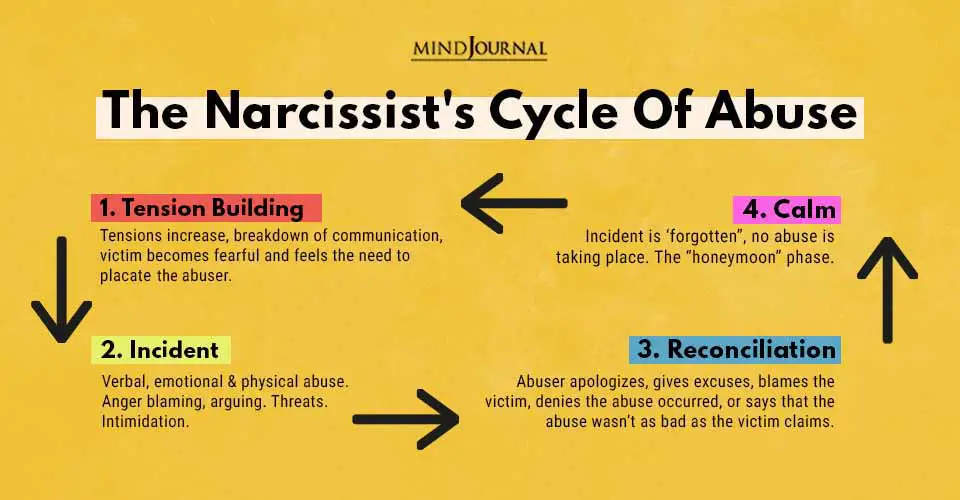
Read: Narcissist Manipulation Techniques
4. Do know that it is NOT your job to heal or fix your loved one.
See #2.
5. Your job is to offer unconditional empathy and comfort to your loved one.
If there is something you do not understand about narcissistic abuse, ask your loved one. They likely will have read a library of articles and books on the subject in their quest to reduce the cognitive dissonance associated with narcissistic abuse.
Read: Singed and Spinning From Gaslighting: An Emotional Abuse Weapon
6. Do understand that your loved one is in the process of breaking a trauma bond with an abuser.
Please read about what a trauma bond is, why the attachment is like crazy glue, and why your loved one is likely feeling like they are going through withdrawal from a bad drug (albeit temporarily).
7. Do encourage your loved one to engage in self-care,
Including good sleep and nutrition, exercise, and positive social support.
8. Do provide hope that things will be better.
Because they will. Keep helping your loved one to envision what life will be like as free of emotional pain. Healing from narcissistic abuse can and does happen with sustained effort, fortitude, and endurance.
9. Empower him/her in healing from narcissistic abuse.
Pathological people seek out smart, successful, empathic people as targets for their abuse. It is because of their emotional IQ and compassion that the survivor was targeted. S/he will heal in time and reclaim their wellness.
Read: What Are Traits Of A Psychopath?
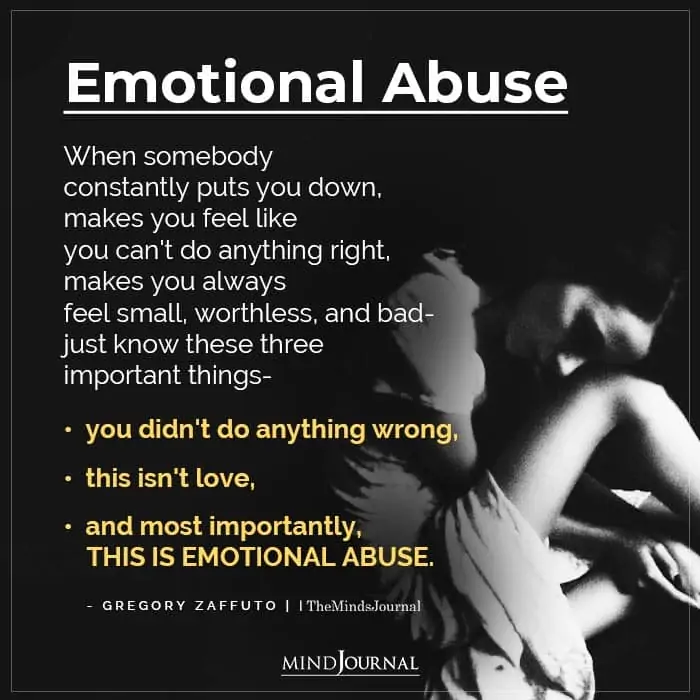
If You Want To Know How To Help Victims Of Narcissistic Abuse, Refrain from doing:
- Do not blame, shame, or criticize your loved one.
- Question the timing of the healing process and how long it seems to be taking to heal (on average, with solid No Contact with an abuser, a survivor may take a minimum of 18 months to really heal from the traumatic relationship, and usually longer even with psychotherapy and other interventions).
- Do not encourage contact with the abuser. Part of the healing process is breaking free from a pathological person and going No Contact (or Limited Contact in the case that the survivor shares children / a business).
- Do not suggest the survivor is responsible for their abuse. Abuse is never ok. There is no excuse for abuse, and it is not the survivor’s fault.
- Do not intervene between the survivor and the narcissist. Allow the survivor to be empowered to seek out his/her own qualified therapy and legal support.
Contributed by the author
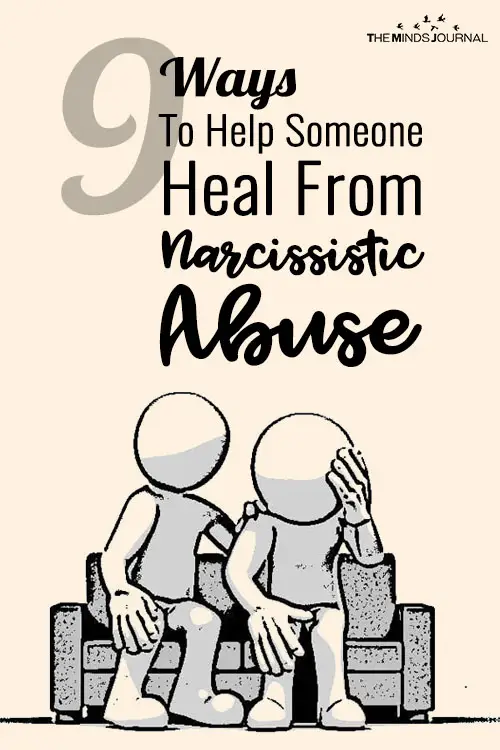
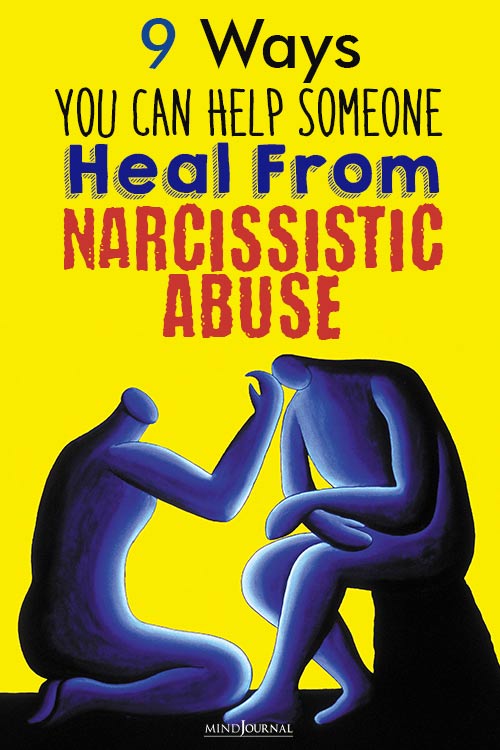
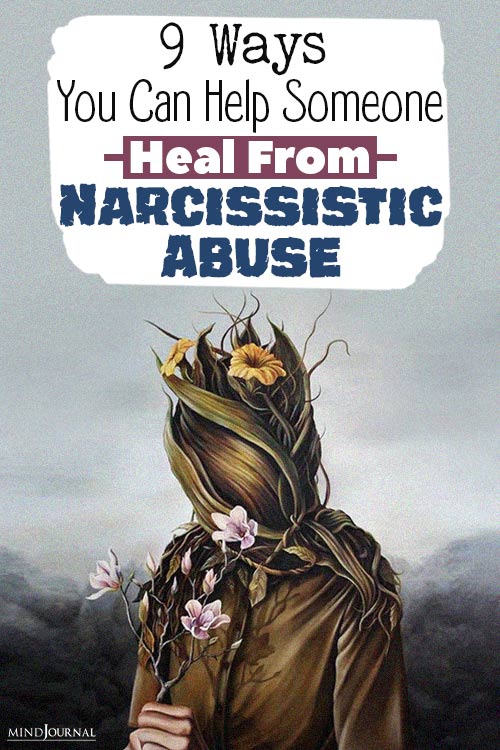
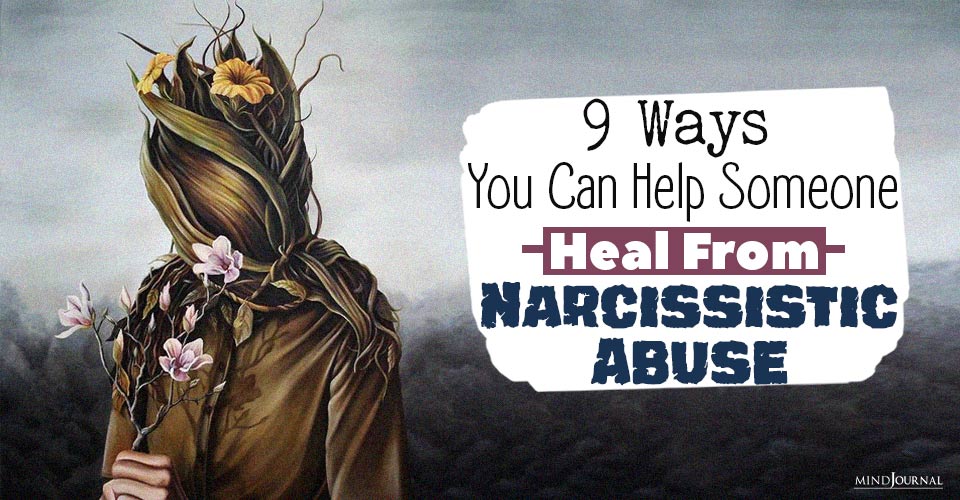







Leave a Reply
You must be logged in to post a comment.